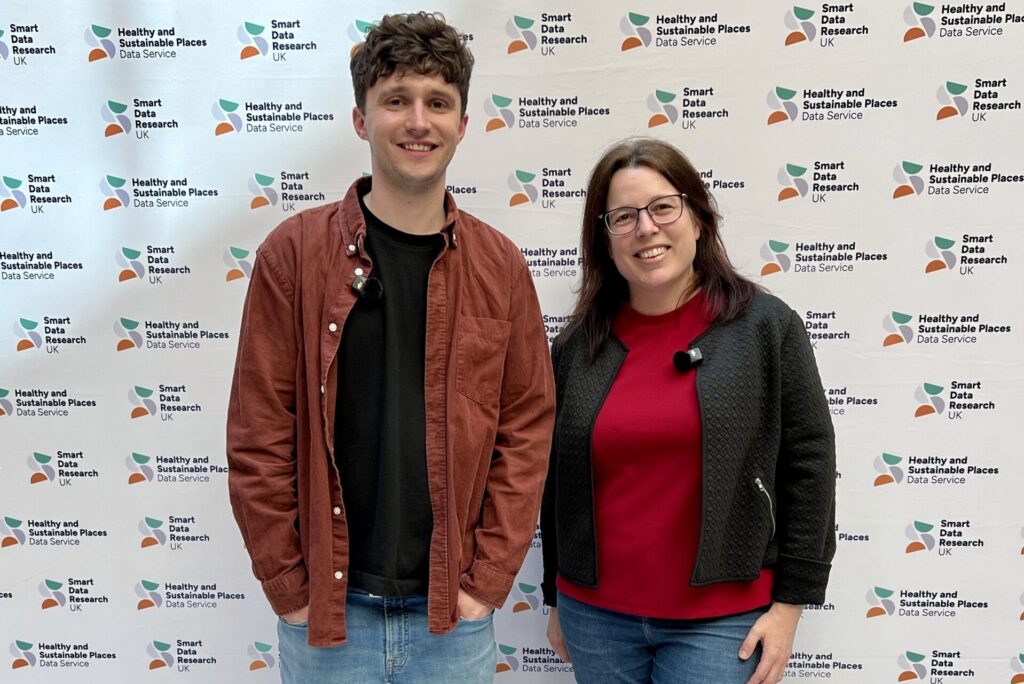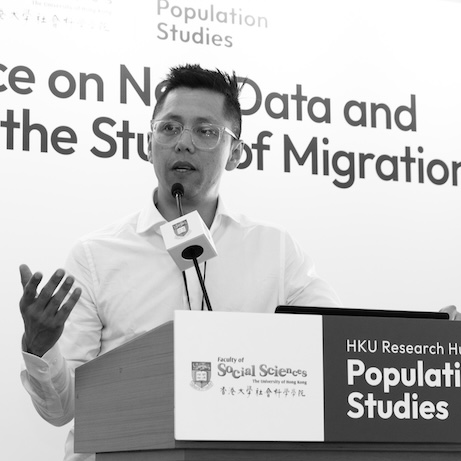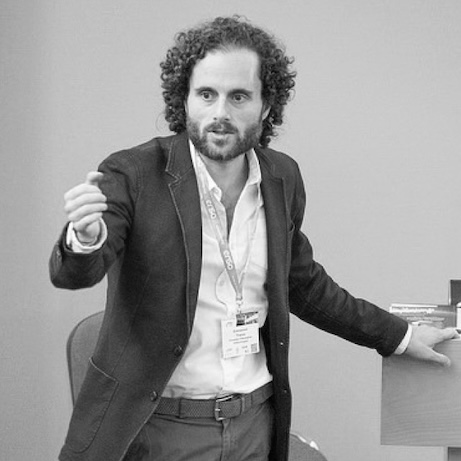Meet the people behind our accelerator teams
Smart Data Research UK has invested in nine projects as part of its accelerator scheme, supporting teams at universities across the UK. The projects address different smart data research challenges, with researchers exploring how to create, access, and use smart data more effectively.
Measuring and correcting biases in human mobility data
Analysing social media to explore neighbourhood change
Data donation for climate action
Capturing the digital footprints of video game play
Using smart data to map economic activities in the UK
Linking digital footprint data with survey data
Linking loyalty card data with UK longitudinal population studies

Dr Anya Skatova
Mobilising gender data

Dr Alessia Calafiore
Digging into digital footprints data
















